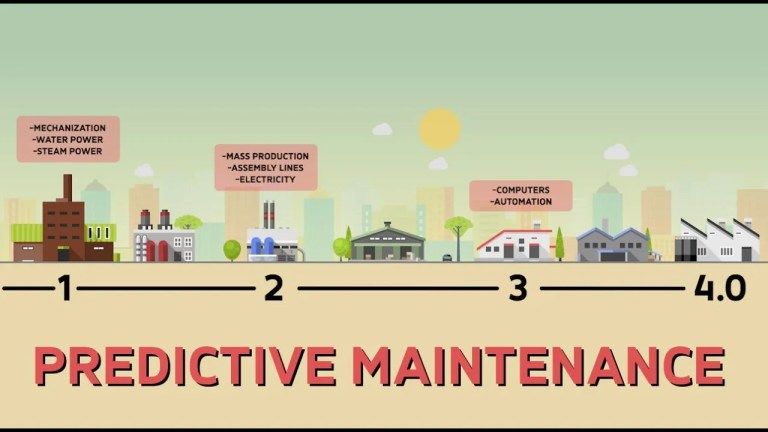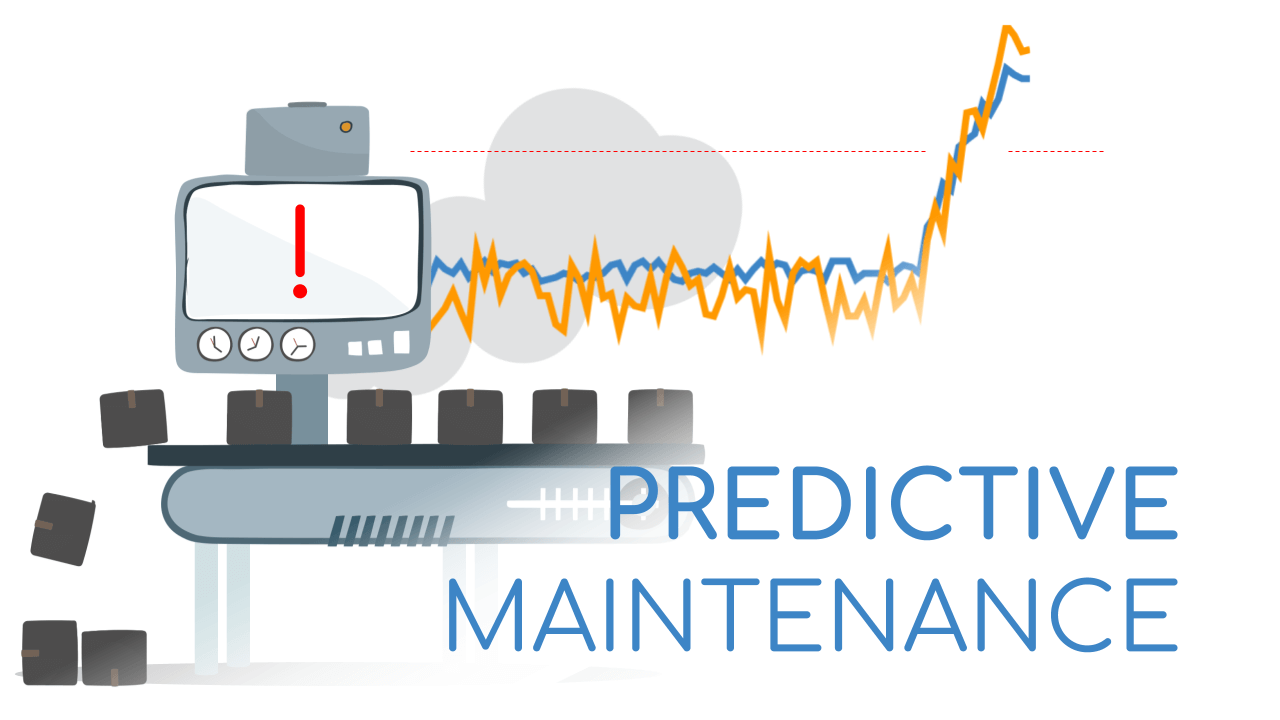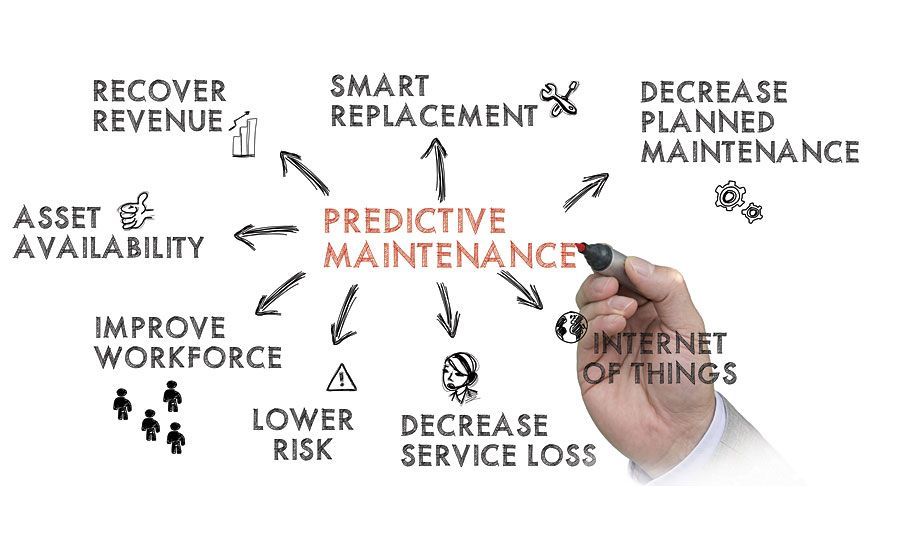Maintenance is a fact of business for companies in many industries. Therefore, making the process more efficient is a key priority and has been for many years.
This applies to many industries, but the ones that benefit the most are the following:
- Manufacturing
- Freight
- Oil and gas
- Rail
- Shipping
All of these industries operate machinery, equipment, and vehicles that need periodic maintenance. These machines, equipment, and vehicles can also suffer from failures.
Regular maintenance aims to:
- Keep failures to a minimum.
- Maximise the usable life of the machine, equipment, or vehicle.
- Ensure optimal performance and efficient operation.
The Traditional Approach to Maintenance

Most companies currently operate on a maintenance schedule. In other words, they use recommendations from the manufacturer of the equipment or vehicles they use to schedule maintenance.
For example, they might service a vehicle once every six months or after every 50,000 miles. For a machine in a factory or at an oil or gas plant, they might carry out maintenance once the machine has reached 10,000 hours of operation.
This is a better approach than guessing when maintenance should occur or, even worse, waiting for a failure to happen.
However, the above approaches are far from ideal as failures and breakdowns still do occur. After all, there is no way a manufacturer can predict every situation, environment, or method of operation. There are simply too many variables.
Why Preventing Unplanned Downtime Is Important

Why are equipment, machine, and vehicle failures important? In industries like manufacturing, maintenance caused by a failure is known as unplanned downtime. Unplanned downtime is very costly as there is lost output and productivity that can have an impact deep into the supply chain. Research found that 3% of all working days are lost annually in manufacturing due to faulty machinery
Planned downtime for maintenance is the better option by a considerable margin. With planned downtime, maintenance can be scheduled when it will have the least impact on maintenance.
So the objective of those responsible for maintenance is to schedule the work in a way that prevents failures from occurring as well as delivering on the other objectives mentioned above.
Step Forward Data, Predictive Analytics, and Predictive Maintenance
More and more companies that rely on machines, equipment, and vehicles are turning to data and predictive analytics as the solution to their maintenance scheduling problems.
The approach and technologies used are similar across different industries, so we’ll use the manufacturing industry in this example.
Sensors on a piece of equipment on a manufacturing line can collect just about any information that is required. This data can then be stored and analysed. The advances in predictive analytics mean that algorithms can use this data to identify a potential failure before it occurs. This is known as predictive maintenance.
Automating the Process through AI

Predictive maintenance algorithms currently in use are typically based on machine learning capabilities, so they improve over time (i.e., they get better at accurately identifying potential failure situations).
Plus, the entire process can be automated. So not only can predictive analytics determine the best time to carry out maintenance on the machine but it can also schedule the best time for that maintenance to occur based on a variety of factors, including current production demand.
Predictive maintenance delivers substantial improvements in productivity in addition to enhancing standards of customer service, increasing profits, and more. Then, it is no wonder it is becoming more and more popular as we can see through Google trends

It is clear that predictive maintenance can also make use of blockchain (for storing data), and IoT (for collecting the data). The synergy of these technologies could lead to efficiency gains worth billions in the next few years.
This is why the Tesseract Academy can support you in this journey through our long-term support programs, as well as our workshops. Make an enquiry now!

























